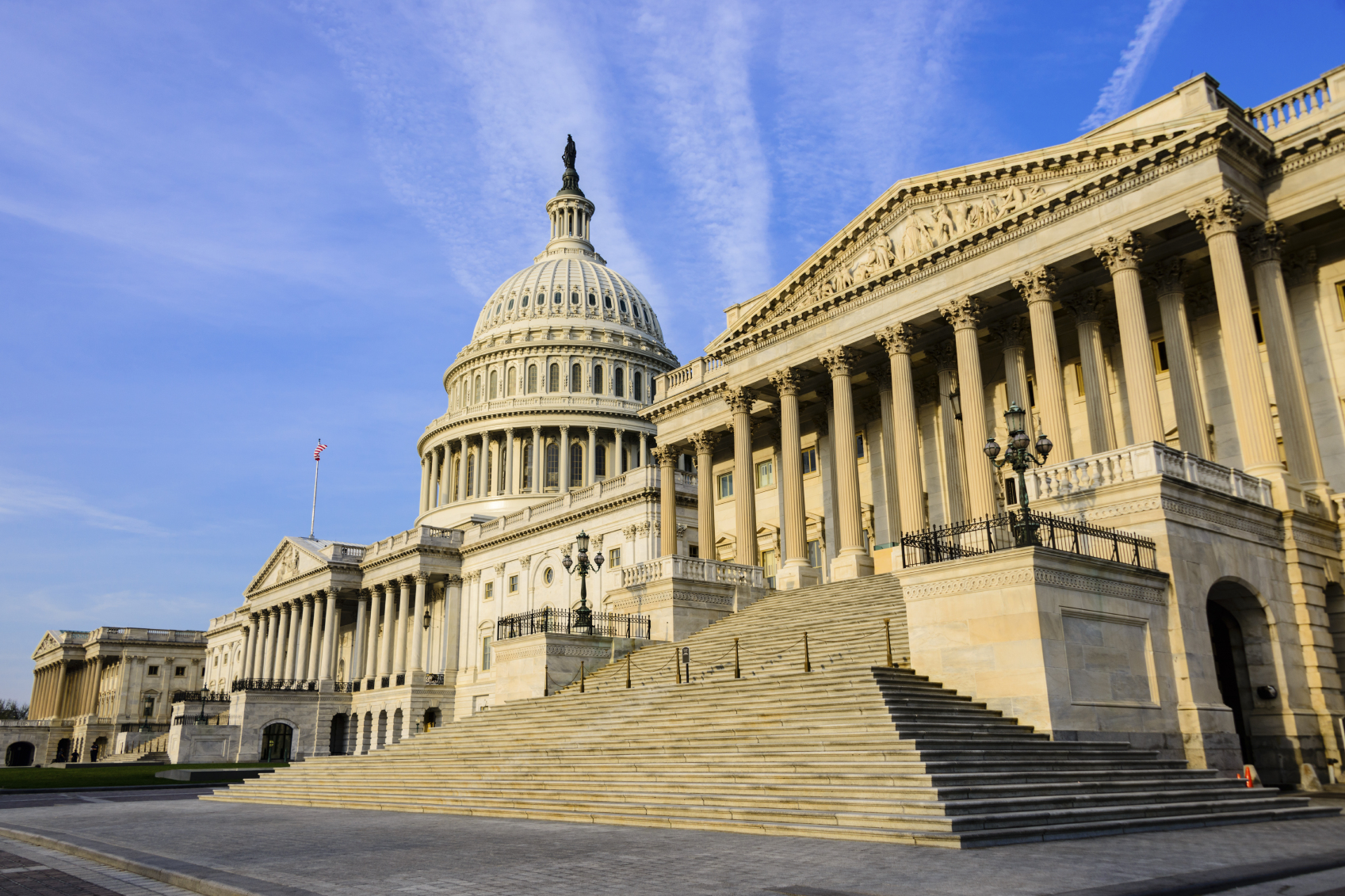Zachary Brennan of RAPS wrote a nice explanatory piece (here) about a new bill introduced by Senator Ted Cruz (R-TX) and Senator Mike Lee (R-UT) called the RESULT Act, which stands for “Reciprocity Ensures Streamlined Use of Lifesaving Treatments” Act (S. 2388). In effect, the Act would permit reciprocal approvals by FDA for drugs approved in a certain list of countries. In addition, the bill would give Congress the authority to override certain non-approval decisions by FDA for drugs for life-threatening conditions and require FDA to make decisions on such drugs to treat life-threatening conditions in 30 days.
Well, those certainly are interesting ideas. I have been in the field of pharmacy and the drug industry for over 40 years and, although we can all agree on the importance of expediting the availability of safe and effective medicine, it pains me to even think that legislation is being proposed that, in effect, would allow Congress to override FDA science-based decisions designed to protect the public from ineffective or unsafe drugs. In my opinion, this is just the latest example of unrealistic and often inappropriate expectations placed on FDA. Recent examples include pressure to approve or deny drugs, to pressure for FDA to take into consideration pricing in its approval paradigm (which the FDA is not supposed to do, in making safety and efficacy determinations). I am sure we all can cite other examples where, perhaps, well-intentioned but inappropriate Congressional influence is brought to bear on the Agency and felt by its dedicated and hard working employees.
The FDA approval process is the world’s gold standard for safety and efficacy, but, to the outside world, FDA is really always between a rock and a hard place. Critics of the Agency say when FDA is going too slow for their liking, they are causing patients to die by not making medications available sooner, and others say when FDA goes too fast, they are killing people by not taking the time to fully evaluate products. The process of making apolitical decisions based on risk-based robust science protects against both extremes of those positions. Does FDA always get it right? Of course not! It is not always possible to see the one in a million serious adverse event in routine clinical studies, but that is true of any other country that reviews products for approval. But the best example to point to of where time matters is in the Agency’s refusal to originally approve thalidomide when Europe did. Perhaps a better idea is to cooperate with other countries and permit the data presented in certain foreign market authorizations to be more easily referenced by sponsors to the FDA for US approvals. But like the RAPS article notes, FDA is approving many products before Europe and are on track to have a banner year on new entity approvals.
So let’s let Congress do what it is supposed to do (and perhaps if they concentrate on that they may get something actually done) and let the FDA protect the American public like it has over the years. Let’s not go back to 1938 when FDA had 60 days to determine whether a product is safe and if it did not, the product was automatically deemed approved. I know I don’t personally want Congress overriding the science of drug approval. How about you?



